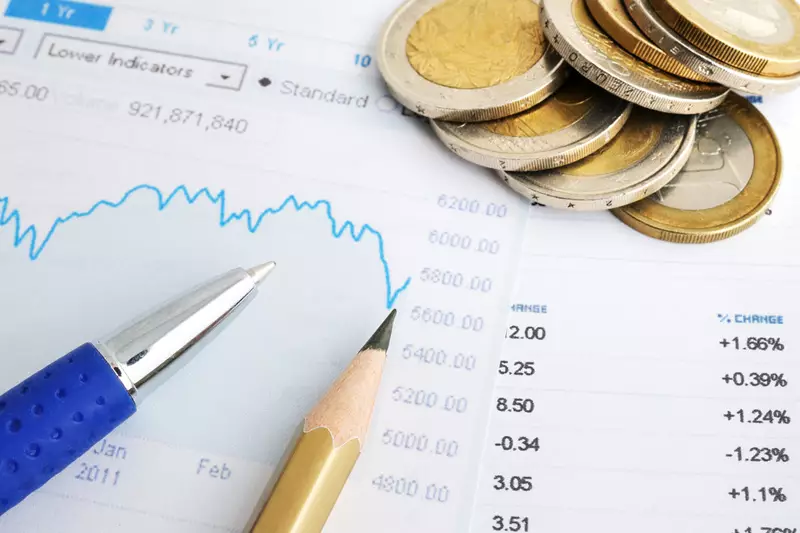Mauritius is gearing up for a significant parliamentary election, a crucial juncture for the island nation renowned for its strategic position between Africa and Asia. With a population of approximately 1.3 million, the citizens face a pressing cost of living crisis that looms large over the electoral landscape. Incumbent Prime Minister Pravind Kumar Jugnauth, along with his main adversaries, is attempting to address these economic challenges head-on while presenting their visions for the nation’s future.
Despite boasting a robust economy that relies heavily on tourism, textiles, and a booming offshore financial sector, many Mauritians do not feel the impact of the predicted 6.5% economic growth for the year—lower than the previous year’s 7.0%. Political analyst Subash Gobine highlights that the Jugnauth-led Alliance Lepep coalition is aggressively marketing an economic prosperity narrative, making grand promises to elevate the lives of various demographic groups through increased minimum wages and pensions, as well as reductions in value-added tax on essential goods.
Opposition Strategies and Youth Engagement
The political arena is characterized by riveting competition, primarily dominated by the opposition Alliance du Changement coalition, headed by former Prime Minister Navin Ramgoolam. This coalition, along with the Linion Reform alliance, is presenting a counter-narrative that addresses voters’ needs with promises of free transport, internet services, and reduced fuel costs. As the political discourse unfolds, it is apparent that the younger demographic plays an integral role in shaping the election’s outcome, with citizens like David Stafford emphasizing the need for innovative economic solutions and job creation.
Amidst these political maneuvers, analysts underscore the importance of the approaching election for more than just economic recovery; it serves as a platform for democratic expression and accountability. The election process will see over a million constituents selecting from 68 parties and five political coalitions for the 62 parliamentary seats, aiming to select a government that resonates with the populace’s aspirations.
Controversies and Security Measures
However, the electoral process has not been without controversy. Recently, the Jugnauth government imposed a temporary ban on social media platforms, citing national security concerns related to leaked conversations amongst public figures. The ban was met with significant backlash from opposition factions, prompting its lift just a day after implementation. Such actions have raised eyebrows regarding governmental transparency and the integrity of the election process.
As the voting day approaches, scheduled for Sunday, with polls opening at 0300 GMT and closing at 1400 GMT, the stakes are high. Each coalition not only seeks to secure a majority of seats but also to cement leadership amidst an evolving political landscape. In this pivotal moment for Mauritius, citizens will ultimately decide the direction of their nation, weighing the weight of promises against the backdrop of economic reality. The coming days will reveal whether the political strategies align with public sentiment and if Mauritius can navigate the complexities of its present challenges.

